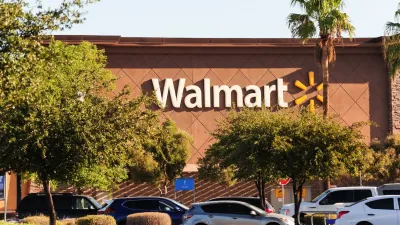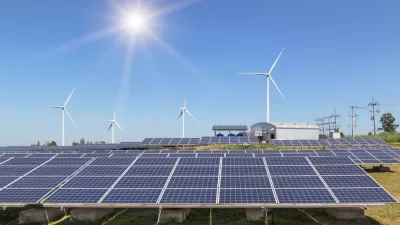Why just transition efforts must move beyond economic considerations by embedding human rights principles into business practices to ensure equitable, transparent, and accountable outcomes for affected communities and workers.

In their article published in the Business and Human Rights Journal, Damilola S. Olawuyi, Claire Bright, Samentha Goethals, and Qaraman Hasan critically assess current just transition narratives in the energy and extractive sectors. They argue that while these transitions aim to address climate and economic goals, they often fall short in protecting the human rights of workers, Indigenous communities, and other vulnerable groups affected by decarbonization and resource shifts.
To bridge this gap, the authors propose a rights-based framework that places human rights due diligence, meaningful stakeholder engagement, and transparency at the center of transition strategies. They call on companies to proactively identify and mitigate risks across their operations and supply chains, ensuring that energy transition efforts do not reinforce historical patterns of marginalization or environmental harm. By doing so, businesses can align with international norms and build trust with impacted communities.
Olawuyi, Bright, Goethals, and Hasan conclude by emphasizing the need for collaboration between governments, businesses, and civil society to ensure that just transitions are truly inclusive and equitable. They advocate for integrating human rights standards into both corporate and regulatory practices to support sustainable development that respects the dignity and rights of all stakeholders involved in the shift to a low-carbon future.

Planetizen Federal Action Tracker
A weekly monitor of how Trump’s orders and actions are impacting planners and planning in America.

San Diego Adopts First Mobility Master Plan
The plan provides a comprehensive framework for making San Diego’s transportation network more multimodal, accessible, and sustainable.

Walmart Announces Nationwide EV Charging Network
The company plans to install electric car chargers at most of its stores by 2030.

Seattle Builds Subway-Sized Tunnel — for Stormwater
The $700 million ‘stormwater subway’ is designed to handle overflows during storms, which contain toxic runoff from roadways and vehicles.

Feds Clear Homeless Encampment in Oregon Forest
The action displaced over 100 people living on national forest land near Bend, Oregon.

Is This Urbanism?
Chuck Wolfe ponders a recommended subscription list of Substack urbanists and wonders — as have others — about the utility of the "urbanist" moniker.
Urban Design for Planners 1: Software Tools
This six-course series explores essential urban design concepts using open source software and equips planners with the tools they need to participate fully in the urban design process.
Planning for Universal Design
Learn the tools for implementing Universal Design in planning regulations.
City of Moorpark
City of Tustin
Tyler Technologies
City of Camden Redevelopment Agency
City of Astoria
Transportation Research & Education Center (TREC) at Portland State University
Regional Transportation Commission of Southern Nevada
Toledo-Lucas County Plan Commissions





























